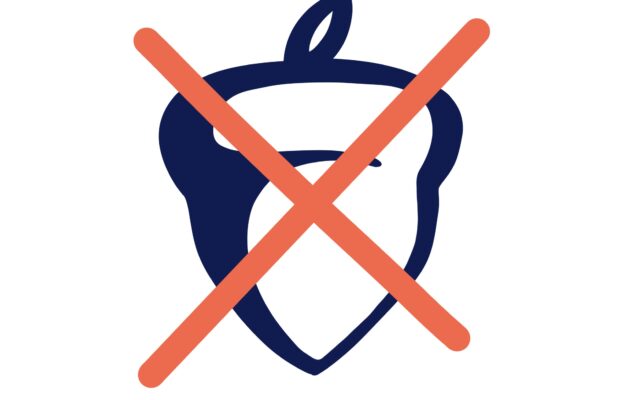The College Board does more harm than good

During a year of hard work and preparation, many students in higher level classes spend their free time studying for the Advanced Placement (AP) tests held in May. While this seems like an effective test of knowledge that can give students college credit, the reality of the College Board is quite the opposite.
Every year, the College Board hosts the SAT and AP tests in five main categories: Math, Science, English, History, and Languages. Each AP test is graded on a scale of zero to five, with five being a perfect score. Depending on what score they received, students are able to receive college credit for their course depending on the university.
This AP testing process seems like a fair advantage for higher-level students, but the availability of tests are actually centered around wealth. The cost of one AP test can range anywhere from 96 to 126 dollars, and most AP students take more than one test in May. Every year, families have to pay hundreds for AP testing, and college credit is not given if the student does not score well. If a student fails an AP test, their money is not returned.
In addition to favoring students from a wealthy background, the College Board has not dealt well with quarantine. The 2020 AP tests in May were significantly shorter than the years before it. For example, the 2020 AP European History Test, which is usually three hours and 15 minutes, including multiple choice, short answer, a long essay question and a document based question (DBQ), was shortened to a 45 minute long DBQ. This put students who took tests in 2020 at a disadvantage as they took a completely different formatted test that they had studied for all year.
The education system is straying away from the testing process, as it has come to light that testing is not a fair representation of a students intellectual ability. Yet the College Board still has not abandoned this out-of-date system. To give students a more accurate evaluation, the College Board could give students multiple assessments over time or evaluate their work in the class throughout the year, such as with the International Baccalaureate (IB) program. Instead, the College Board judges the ability of students on one test from a single day out of the school year.
Aside from discrimination based on wealth and an outdated grading system, the College board is not concerned with the convenience of its test takers. Last year, I signed up for the SAT through the College Board and my test was cancelled. I had studied for weeks and received an email about the cancelation a mere three days before the expected testing day. I understand the safety challenges of test taking with the threat of the coronavirus, but I cannot imagine how many students weren’t able to take the SAT after months or even years of studying. After students pay 55 dollars to take the test and study for months beforehand, the College Board owes its students enough respect to inform them of cancellations ahead of time.
Although the College Board is helpful to students in many ways, their system of grading and making money does more harm than good.



